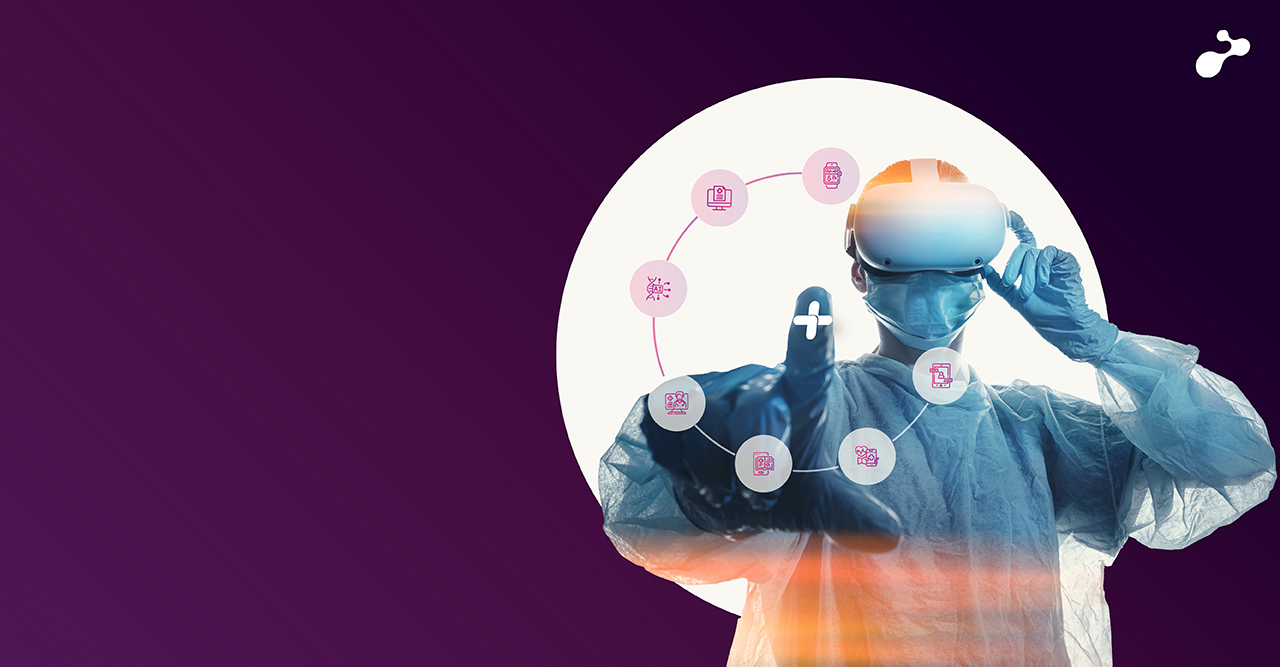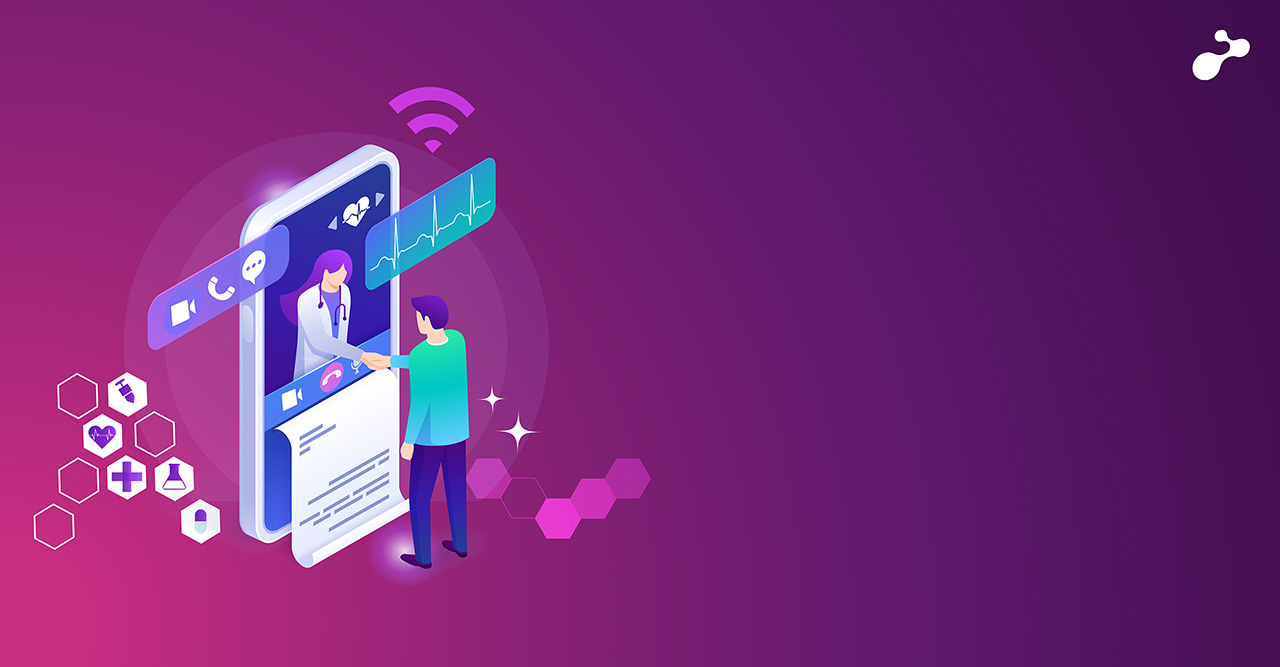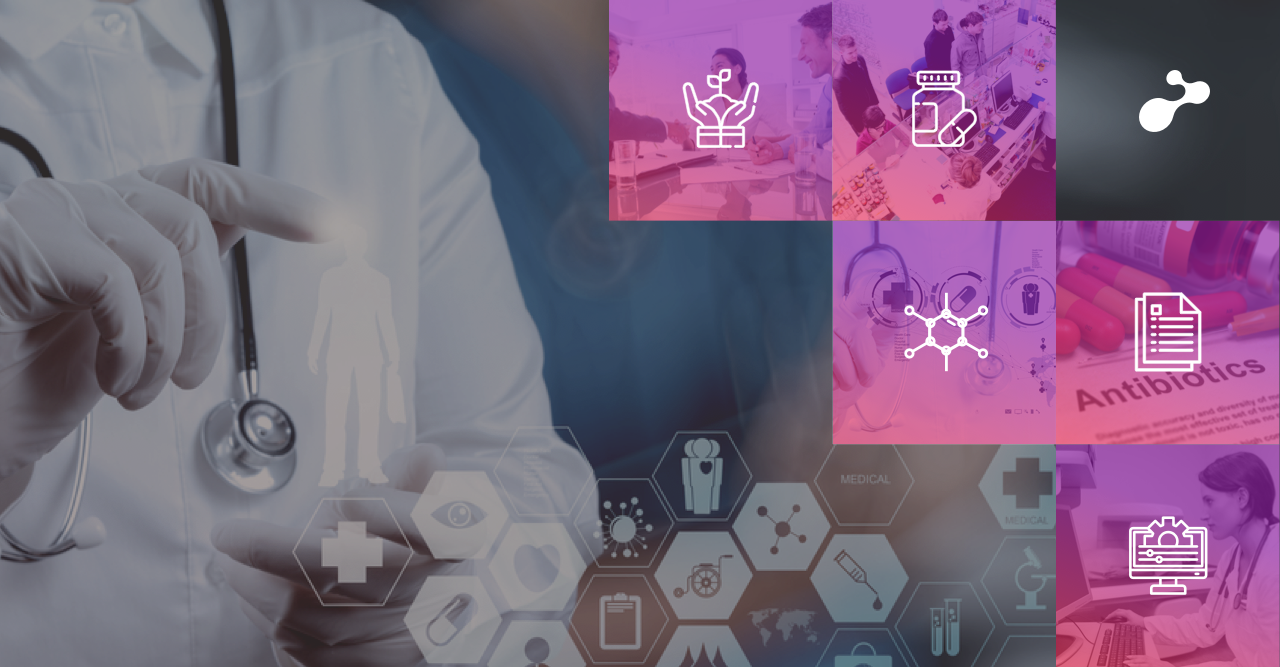The COVID-19 pandemic has changed how the world works, with an impact that will be both far-reaching and long-lasting. While many industries are facing the brunt of this slowed economy, healthcare on the other hand is under more strain than ever before. Both public and private healthcare systems are fighting the battle against the invisible enemy while coping with the lack of adequate resources.
This situation has brought to light the need for stronger healthcare systems and overall preparedness for sustaining future global health threats such as this one. Even as healthcare systems strive to overcome this pandemic, they must re-evaluate their current position and build better capabilities to provide more accessible and affordable healthcare, especially from a technology perspective.
Although technology has for long been an integral part of healthcare systems, post this pandemic there will be a greater need to focus on driving innovation in technology to facilitate more affordable and accessible healthcare for populations. In fact, there will now be increased efforts towards building remote healthcare capabilities to reduce both contact exposure and pressure on healthcare resources.
In this regard, an avenue that is gaining traction is telehealth, that is, the delivery of healthcare and related services remotely. Through remote consultations, prescriptions and health monitoring, telehealth enables healthcare to be more accessible while diverting physical resources to more critical cases.
As mentioned by Gartner, interactions within telehealth can include:
- Fully virtual visits
- Remote continuous patient monitoring
- Self-monitoring
- Eclectic interactive consultations
Apart from benefitting patients and healthcare providers, the emergence of telehealth is also driving growth in healthcare administrative functions by implementing adjudication systems.
Furthermore, delivering healthcare virtually will help in effective population management and enhancing the patient experience by enabling people to participate in their own care.
We at e-Zest have embarked on this very journey with IAMOK, an innovative platform to facilitate easy screening, risk analysis, teleconsultation, and monitoring of individuals through geotagging, to minimize exposure to infection. The platform can help organizations to risk profile effectively, reduce spread of infection and ensure workplace safety in a post-COVID world. Moreover, the teleconsultation feature a part of our telehealth services can enable people to consult with doctors remotely and thus not only receive health advise from the safety of their homes but also reduce pressure on physical healthcare resources.
Driving a robust digital healthcare system will not only equip healthcare providers for more efficient care delivery but more importantly, make healthcare more accessible, affordable, personalized and empathetic for patients. This pandemic has presented an opportunity for healthcare providers to start building and implementing strategic digital healthcare roadmaps and organizations that rise to the challenge stand well positioned to become highly successful in the healthcare domain.

-05.jpg)




